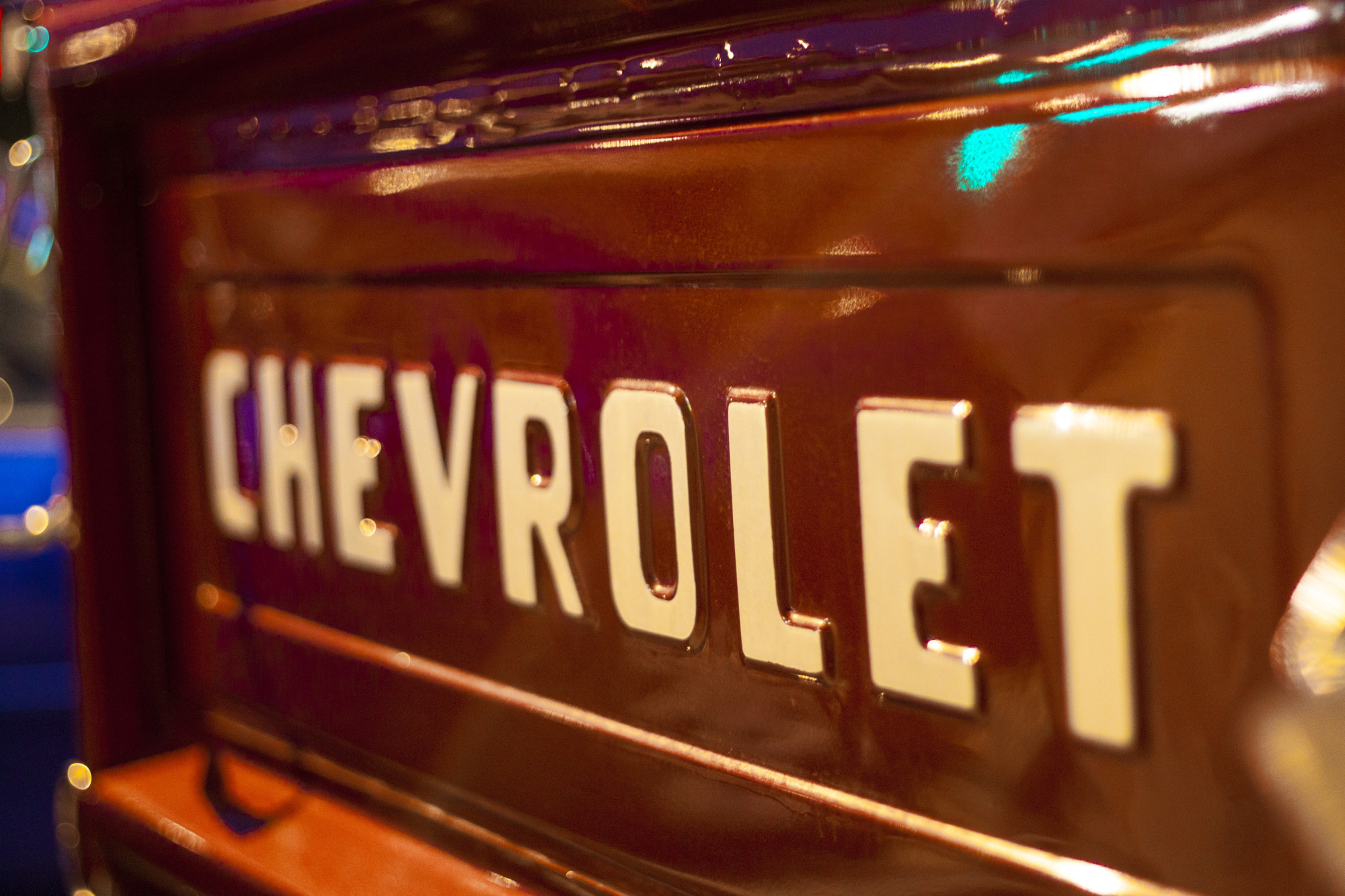The Truth: Is Chevy the Most Reliable Car Company in the World?
Problematic brakes? Constant leaks? Or maybe a busted engine? Maintenance of a vehicle can be a real headache for any car owner.
That’s why many customers prefer durable and long-lasting cars. And a good reputation can be a safety net for the future driver.
And what better influences the opinion that a good commercial! It can showcase the benefits of the item and introduce new additions.
However, sometimes, the marketing goes a bit overboard. Such is the case with the recent Chevrolet ad. And there’s one question on everyone’s minds: are Chevys reliable?
In this article, we’ll take a closer look at the ad and try to explain the complexities of the situation.
Recent Controversy
Marketing strategies often aim to make an impact. However, in some instances, the audience remembers the ad for all the wrong reasons.
When Chevrolet released its new commercial, the reaction was mixed. The company claims to have the most reliable vehicles.
But the survey they base their claims is ambiguous. According to Chevy, Toyota, Honda, Ford, and over twenty other brands make less durable cars.
The ad received some backlash due to contested data. Nearly 50,000 people answered the survey. There’s an opinion that the number is quite low to claim supremacy over other brands.
Not to mention the problem of using an older survey data to boost the opinion about the new models.
Are Chevys Reliable?
Let’s take a closer look at what we know. The survey was professionally made and completed by a reliable company.
However, it focused on models from 2015. The survey used data that was three years old. A model can change a lot at this time. So, to use the old statistic to claim that the new models are reliable is dubious.
The data was compiled by asking the owners if they had to change parts of their vehicle.
The timeframe to that was 12 months. So, Chevy claims their reliability on whether the older models needed maintenance. Traffic accidents and required oil changes weren’t counted.
Additionally, the time frame skips several more recent years. Chevy states it had to be done to go over the data correctly.
However, more than three years seem like a prolonged time when you can base the ad on earlier years, like 2016 or 2017.
There’s also the fact that the 2015 survey, done by J.D. Power, was very favorable to the Chevrolet. The two studies are very similar in terms of years and the findings.
Examining the Survey
Ipsos did the survey Chevy bases their claims on. The purpose of the study was to question the owners of various brands.
They had to answer whether their cars required any repairs within 12 months. The part had to be replaced due to their failure to function, not because of any collisions.
According to the survey, reliability was measured by the percentage of vehicles that didn’t need repairs.
The survey letters were sent to over 800 000 people. The number of completed surveys was a lot smaller – close to 50 000. The selected 2015 models were the vehicles that were in service from December 2014 to June 2015.
The survey asked the owners if they still had the car, if they rented it out or whether they were original owners. The data was compiled to reflect the owners of the vehicles.
The participants were given the list of vehicle parts. They had to state if maintenance was done on the engine, fuel pump, radio, or any other part.
Points of Contention
Because the service was completed in 2018, the vehicles were in their third years of service. This makes the claims about reliability slightly shaky.
After such a period, there’s bound to be issued with the vehicle. On the other hand, the SAE states that reliability is how well the product can function under certain conditions.
The important forgotten element is mileage. If the car was more used and traveled more miles, it’s likely the owner had to replace certain parts. But that doesn’t reduce the reliability of the vehicle.
There’s also the question of how few people responded to the survey. Compared to the sent letters, the study was done basing the findings on the minority. This complicates the overall percentage for each brand.
There’s another survey about cars, done by Consumer Reports. They surveyed people who had vehicles from 2000. This makes their timeframe is longer than a decade. The questions are very similar to those issued by Chevrolet.
Consumer Reports questioned half a million people. And their findings put Chev lower than Toyota, Honda, and Ford.
Is It All Bad?
The survey and the ad might be seen as situational to some. However, we can’t say Chevy outright lied to the customers.
The company may not have consistent reliability, but the survey does show their cars are worth attention. Chev is not a luxury brand, so it’s affordable to an average consumer.
And while different studies may offer different data, there’s no denying that separate models offer exceptional dependability to the driver.
The new vehicles, such as 2020 Chevy Silverado or 2020 Chevrolet Tahoe, will serve the user to the maximum.
What’s the Verdict?
But the question remains: are Chevys reliable? Ultimately, yes, as much as any car can be. There are different brands and prices, and that will influence the vehicle.
Besides, any driver will likely support the brand they have. Ultimately, if you find a car that fits your needs, the opinion of others might shouldn’t impact your comfort.
If you enjoyed this article, subscribe to our blog. This is the easiest way to access and consume similar content. Enjoy!


